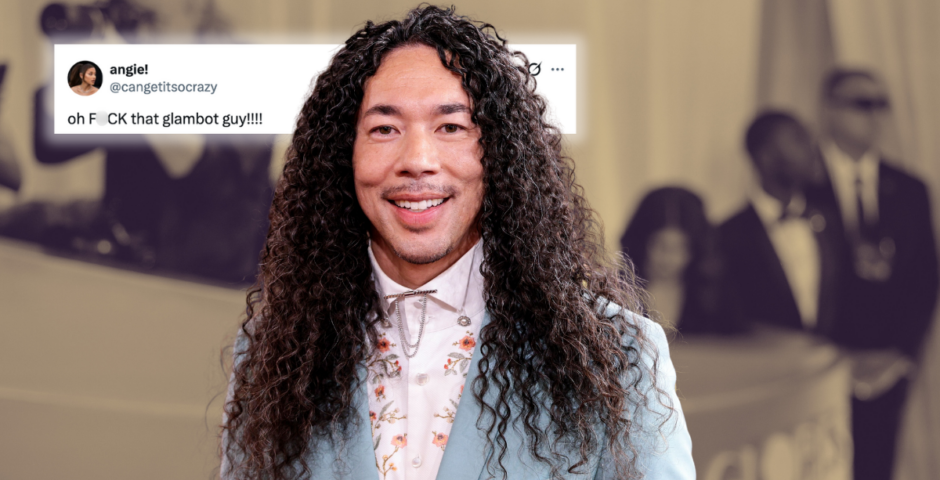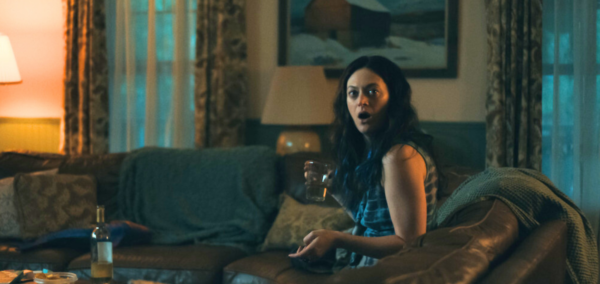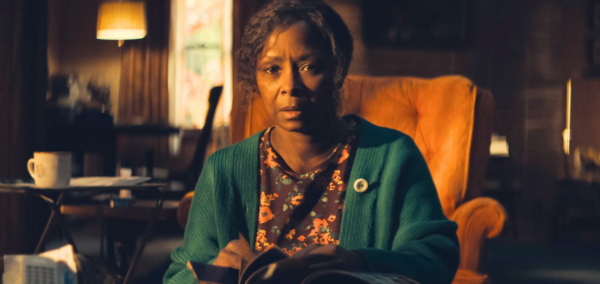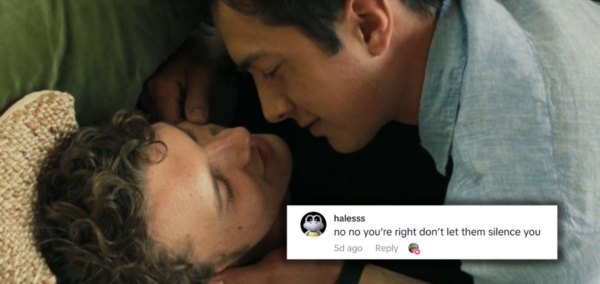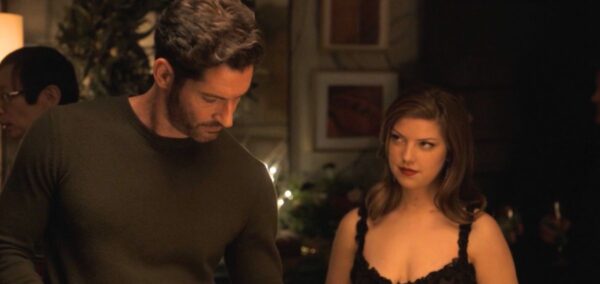
Review: Doctor Faustus
This was Faustus, but not as Marlowe knew her—sharp-tongued, seductive and utterly watchable
Firstly, props to the director Toby Trusted. Reimagining a famously dour morality play into a fast-paced, visually decadent fever dream is no small feat, especially when juggling sin personifications, demonic contracts, and that one scene with the horse (yes, still weird. Still there). The whole show had that strange, uncanny gloss where everything feels just slightly above the level it should be. Nothing was amateur except the ticket price.

Image credits: Anna Gungaloo
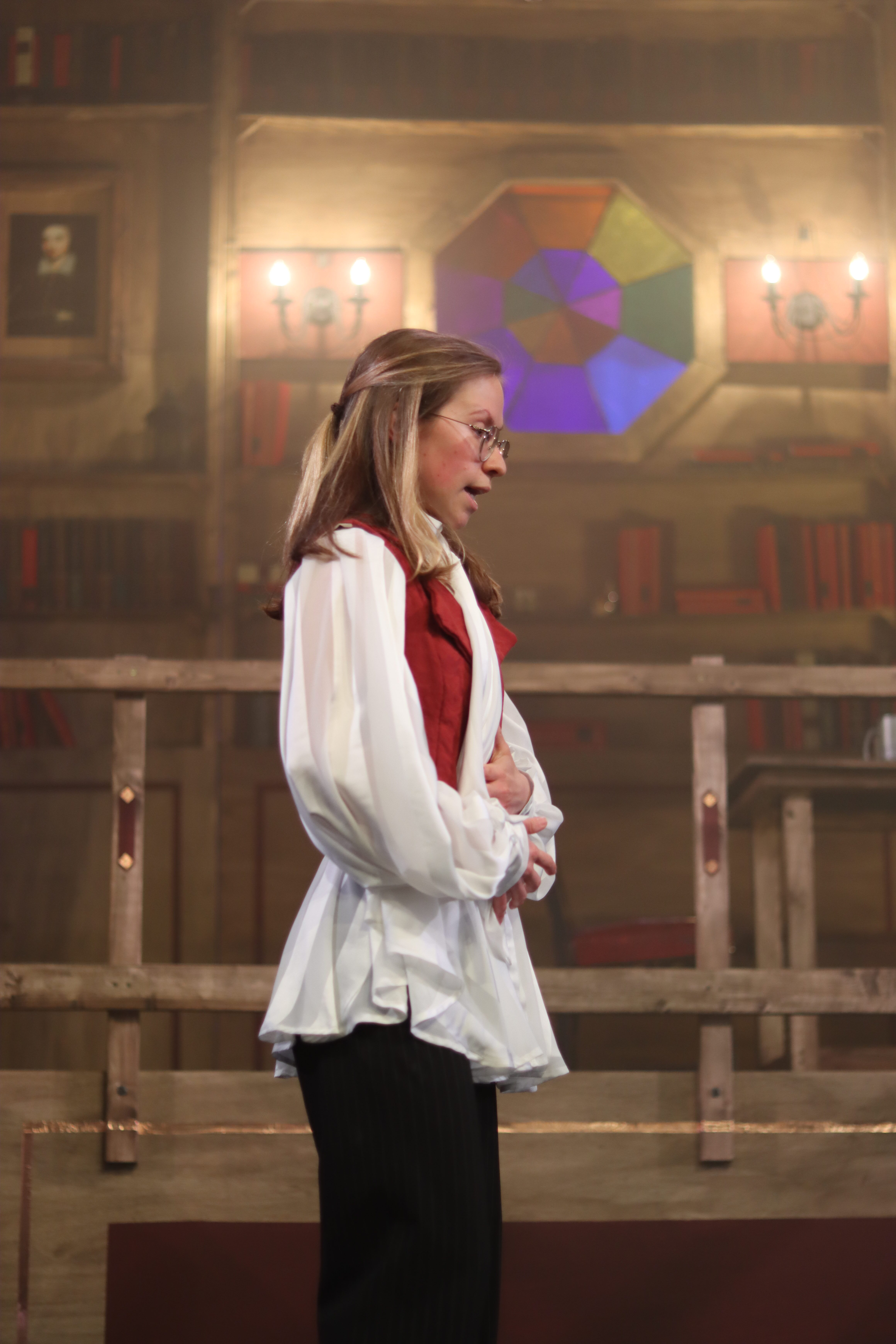
Image credits: Anna Gungaloo
Let’s begin with Dr Faustus (Juliette Imbert) herself. That’s right: Faustus is a woman in this production. This interesting casting decision shifted the play’s dynamics in a few odd directions. Some scenes—especially the ones steeped in more masculine stereotypes—didn’t quite know what to do with her. A lot of the original play’s patriarchal tones didn’t quite get washed out in the gender-swapping process. A few lines that might have passed unnoticed in a 1604 reading felt mildly jarring when said by a modern woman, especially one portrayed as empowered as this female Faustus. Yet, Juliette Imbert playing Faustus was so compelling, so relentlessly magnetic, that you sometimes forgot Marlowe’s text ever imagined her differently. She held the stage like she’d signed her own contract for it. A future star, no question.
Most Read
Now, I must confess: I’d never before clocked the sexual tension simmering beneath those devil-doctor exchanges, but after this production? Let’s just say the temperature in the room rose every time Lucifer (Harry Lloyd Yorke) and Faustus shared the stage—the chemistry was unreal. Lucifer was slippery, well-dressed, and—let’s not skirt around it—oddly seductive. I’d never previously considered the erotic potential of a soul-selling scene, but here we are. Their chemistry crackled. There were moments when the whole ‘salvation-versus-damnation’ thing took a back seat to the question of whether they were about to kiss. Marlowe might not have written it that way, but I suspect he wouldn’t have minded.
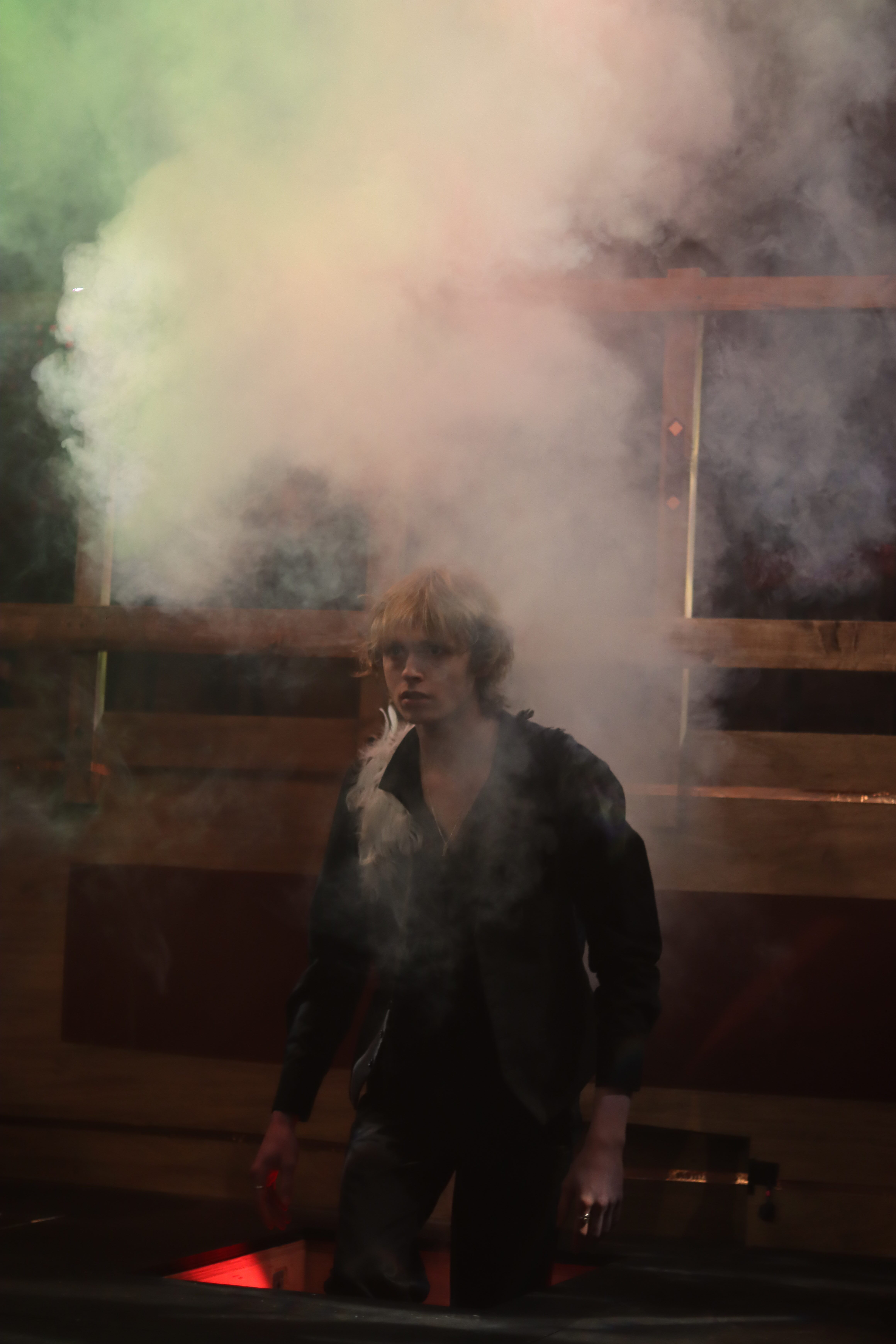
Image credits: Anna Gungaloo
Let’s not forget the ensemble, either—particularly Rosie Nicol playing both Envy and Helen of Troy, in what I can only describe as a masterclass in onstage presence. Did she have a lot of lines? No. Did she need them? Also no. She moved like someone who’d choreographed her own fall from grace. Her physical theatre was incredibly impressive.
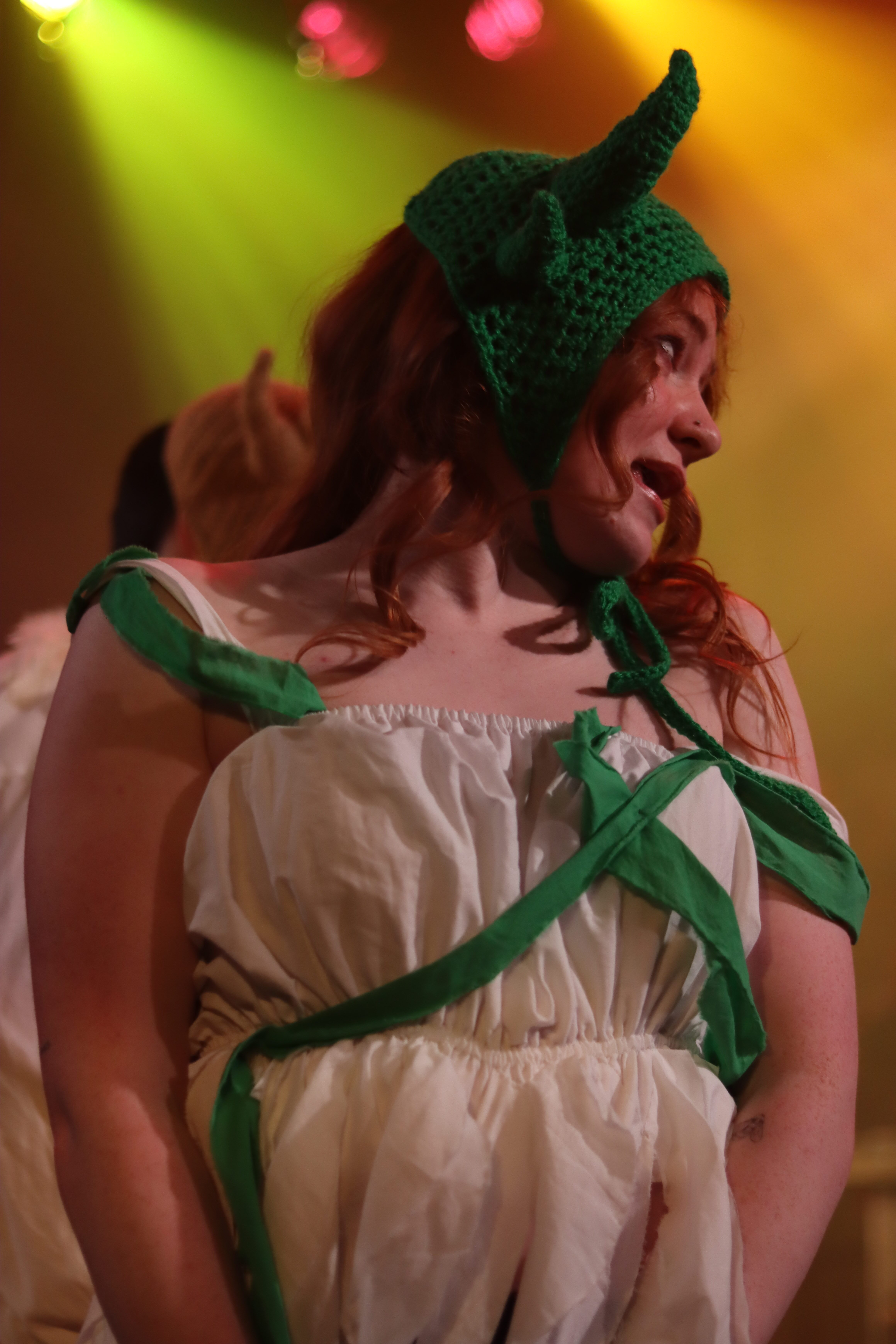
Image credits: Anna Gungaloo
Of course, what really pushed this production to five stars was the set design. It was incredible, with smoke machines, gothic silhouettes, and a lighting design that could rival some professional troupes. The poster was also brilliant. You know a show’s good when the promo material wouldn’t look out of place on a West End wall. You could’ve told me this was a professional production, and I’d have nodded slowly and said “mm, thought so” while privately panicking over my life choices.
If you’ve got even a passing interest in theatre, sin, or people dramatically regretting their life choices in Latin, go see this play. Go for the lighting. Go for the actress who made Envy look like a Vogue editorial. But mostly—go for Faustus. She burns bright, she burns fast, and you won’t want to miss a second of her fall. You’ll leave wondering whether damnation’s always been this stylish—or if Cambridge student theatre’s been quietly levelling up while no one was watching.
Sell your soul if you must—but get a ticket.
4.5/5
Doctor Faustus is showing at the ADC from Tue 6th – Sat 10th May. Get your tickets here!
Featured image credit: Anna Gungaloo





